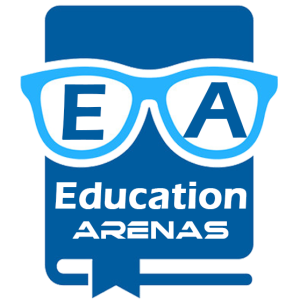Introduction to Private School Education
Private schools offer an alternative to public education, providing parents and students with different options for academic and personal growth. While public schools are funded and regulated by the government, private schools operate independently and often have their own unique philosophies, curricula, and approaches to teaching and learning. Private school have become increasingly popular choices for families seeking specialized education tailored to their children’s needs and interests.
Why Choose a Private School?
There are several reasons why parents may choose to enroll their children in private schools:
- Small Class Sizes: Private schools often have smaller class sizes compared to public schools, allowing for more individualized attention and support for students.
- Specialized Programs: Many private schools offer specialized programs in areas such as arts, sciences, or languages, allowing students to explore their interests and talents in-depth.
- Strong Academic Reputation: Private schools are known for their rigorous academic standards and high expectations, preparing students for college and future success.
- Values-Based Education: Private schools may incorporate religious or moral values into their curriculum, providing a foundation for character development and ethical decision-making.
- Enhanced Resources: Private schools often have access to greater resources, including state-of-the-art facilities, technology, and extracurricular opportunities.
The Benefits of Private Education
- Individualized Attention: With smaller class sizes, teachers in private schools can provide more personalized instruction and support to each student, addressing their unique learning needs and strengths.
- Focus on Character Development: Many private schools prioritize character development alongside academic achievement, emphasizing qualities such as integrity, leadership, and community service.
- High Academic Standards: Private schools often have rigorous academic programs that challenge students to excel academically and intellectually, preparing them for college and beyond.
- Diverse Learning Opportunities: Private schools may offer a wide range of extracurricular activities, enrichment programs, and specialized courses that cater to diverse interests and talents.
- Safe and Supportive Environment: Private schools typically prioritize safety and provide a supportive and nurturing environment where students feel valued, respected, and encouraged to reach their full potential.
Is Private School Right for Your Child?
Choosing the right school for your child is a deeply personal decision that depends on various factors, including your child’s academic needs, interests, and values, as well as your family’s preferences and resources. While private schools offer many benefits, they may not be the best fit for every child or family.
Before enrolling your child in a private school, consider visiting the school, meeting with teachers and administrators, and asking questions about the curriculum, teaching philosophy, extracurricular activities, and admissions process. Additionally, talk to other parents and students who attend the school to get a sense of the community and culture.
Conclusion
Private schools provide families with alternative educational options that prioritize academic excellence, character development, and individualized instruction. While private education may not be accessible or suitable for every child, it can offer unique benefits and opportunities for those who enroll. By carefully researching and evaluating different schools, parents can make informed decisions that support their child’s academic and personal growth.









